Omero nel Baltico/Cronache dai mari del Nord
"...l'estremità dell'Oceano dalle acque profonde,
(...) avvolto da nebbia e nuvole.
Mai il Sole luminoso li guarda con i suoi raggi...
ma una notte spaventosa grava su quei miseri mortali".
Odissea 11.13-16,19
E se i poemi epici di Omero non si fossero svolti nel Mediterraneo intorno al 1200 a.C., come comunemente si crede, ma piuttosto molto prima, intorno al 2000 a.C. e molto più a nord, nei mari del Nord Europa, nel Mar Baltico e nell'Atlantico settentrionale?
Le osservazioni di Felice Vinci sono state pubblicate per la prima volta nel suo libro "Omero nel Baltico" (pubblicato nel 1995). Vinci afferma che le saghe orali che hanno dato origine all'Iliade e all'Odissea provengono dalle regioni baltiche, dove nel II millennio a.C. fiorì l'Età del Bronzo e dove ancora oggi si possono identificare molti luoghi omerici, come Troia, Itaca, Ogigia. Secondo questa teoria, i biondi navigatori che fondarono la civiltà micenea nell'Egeo nel XVI secolo a.C. portarono questi racconti dalla Scandinavia alla Grecia dopo la fine dell'Optimum climatico, che durava dalla tarda età della pietra. Questi popoli ricostruirono poi il loro mondo originario più a sud, nelle acque del Mediterraneo, trasferendo nomi per loro significativi da nord a sud. Attraverso molte generazioni, hanno conservato la memoria dell'età eroica e delle imprese compiute dai loro antenati nella patria iperborea perduta, finché la tradizione orale non è stata trasformata in forma scritta intorno all'VIII secolo a.C., quando la scrittura alfabetica è stata introdotta in Grecia.
Il libro di Felice Vinci è ricco di ipotesi intriganti e nuove prospettive. La sua teoria si basa su un accurato studio geografico: con l'aiuto degli scritti di Plutarco e Strabone, localizza i racconti di Omero nei territori scandinavi. Norvegia, Danimarca, Svezia, Finlandia, compreso tutto ciò che si incontra verso il mare.
Non ho la pretesa di confermare o confutare la tesi, ma trovo intrigante affrontare il modo in cui ciò che riguarda la storia e le sue narrazioni, si trasformi spesso in dato inconfutabile.
Mi interessa il processo di indagine, attraverso la rivisitazione di memorie indiscusse. I racconti epici di Omero narrano storie che hanno un enorme potere ancora oggi.
Parlano dell'eterno vagare dell'uomo, del dubbio e della perseveranza. La forza, le emozioni, la vita dei personaggi sono le nostre stesse vite; possiamo tenere queste storie come specchi.
- - - - - - - - - - - - - - - - - - - - - - - - - - - - - - - - - - - - - - - - - - - - - - - - - - - - - - -
Homer in the Baltic | Chronicles from the Northern Seas
“..the end of the deep-streamed Ocean,(...)
shrouded in fog and clouds.
Neverdoes the bright Sun look at them with its rays...
but a dreadful night burdens those wretched mortals.”
Odyssey 11.13-16,19
What if Homer's epics did not take place in the Mediterranean around 1200 B.C., as is commonly believed, but rather much earlier, around 2000 B.C. and much further north, in the seas of Northern Europe, the Baltic Sea and the North Atlantic?
Felice Vinci's observations were first published in his book "Homer in the Baltic" (published in 1995). Vinci states that the oral sagas that gave rise to the Iliad and Odyssey came from the Baltic regions, where the Bronze Age flourished in the 2nd millennium B.C. and where many Homeric sites, such as Troy, Ithaca, Ogygia, can still be identified today. According to this theory, the blond navigators who founded the Mycenaean civilization in the Aegean in the 16th century B.C. brought these tales from Scandinavia to Greece after the end of the climatic Optimum, which lasted from the Late Stone Age. These peoples then rebuilt their original world further south in the waters of the Mediterranean, transferring names significant to them from north to south. Through many generations, they preserved the memory of the heroic age and exploits performed by their ancestors in the lost Hyperborean homeland until the oral tradition was transformed into written form around the 8th century BC, when alphabetic writing was introduced in Greece.
Felice Vinci's book is full of intriguing hypotheses and new perspectives. His theory is based on a careful geographical study: with the help of the writings of Plutarch and Strabo, he locates Homer's tales in the Scandinavian territories. Norway, Denmark, Sweden, Finland, including all that is encountered toward the sea.
I do not pretend to confirm or refute the thesis, but I find it intriguing to address how what concerns history and its narratives, often turns into irrefutable data.
I am interested in the process of inquiry through revisiting unquestioned memories. Homer's epics tell stories that have enormous power even today.
They speak of man's eternal wandering, of doubt and perseverance. The power, the emotions, the lives of the characters are our own lives; we can hold these stories as mirrors.
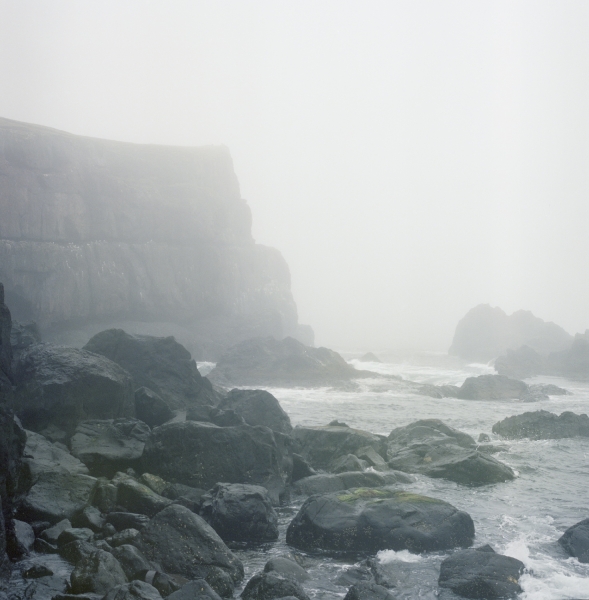
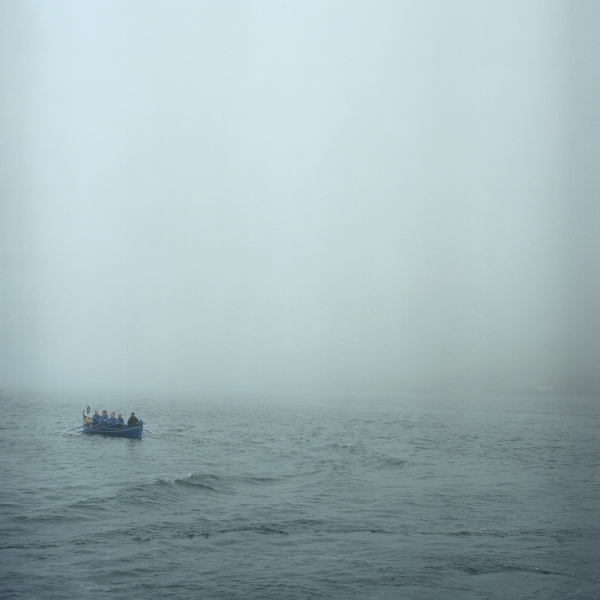

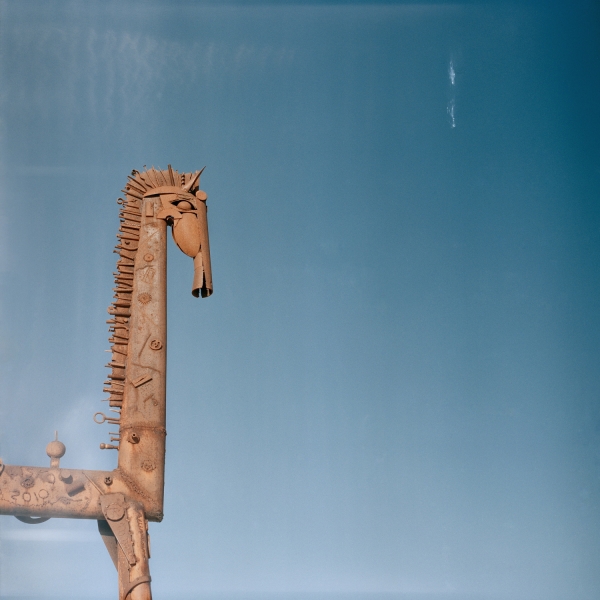

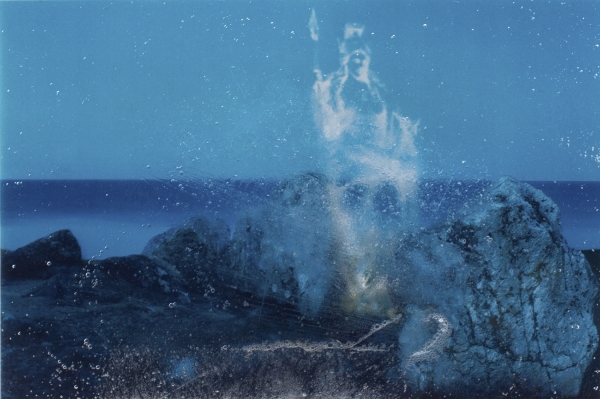
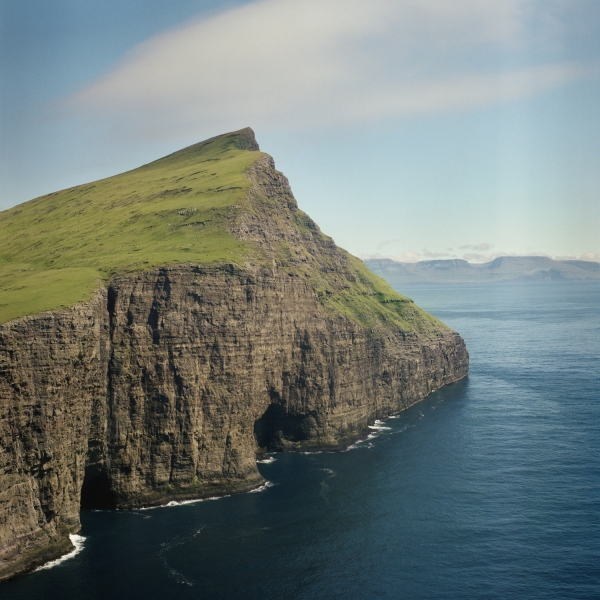
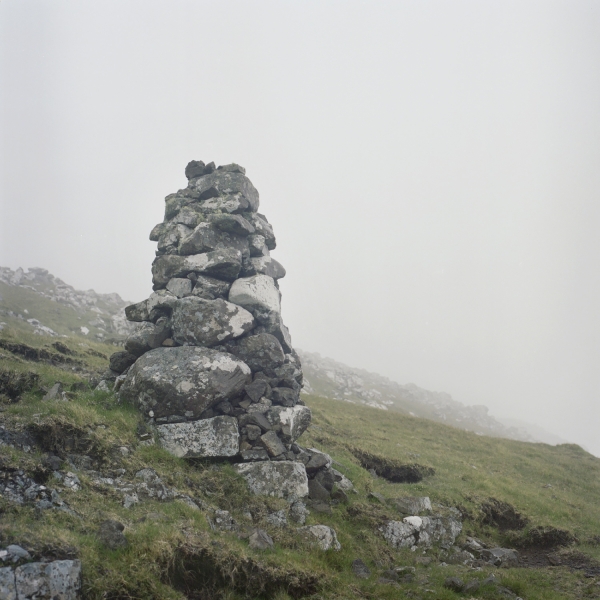
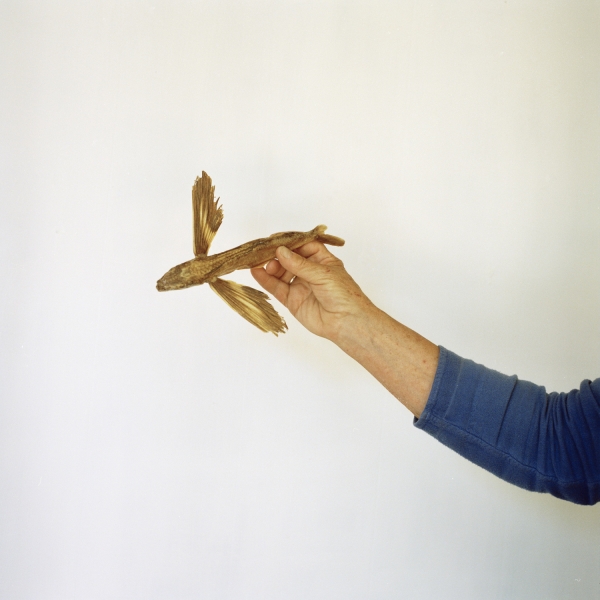
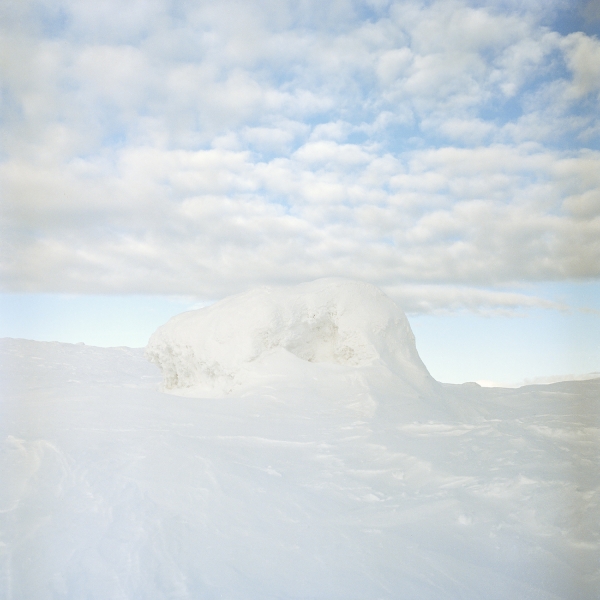
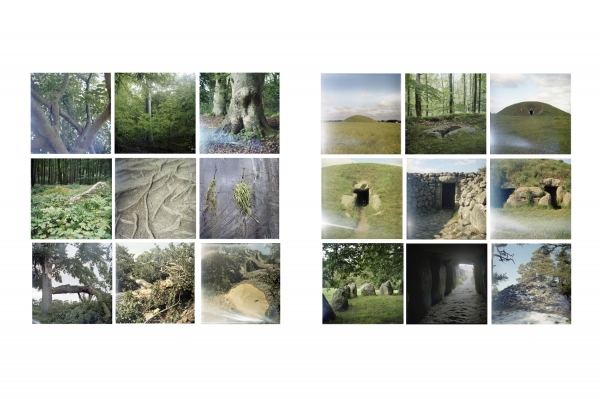
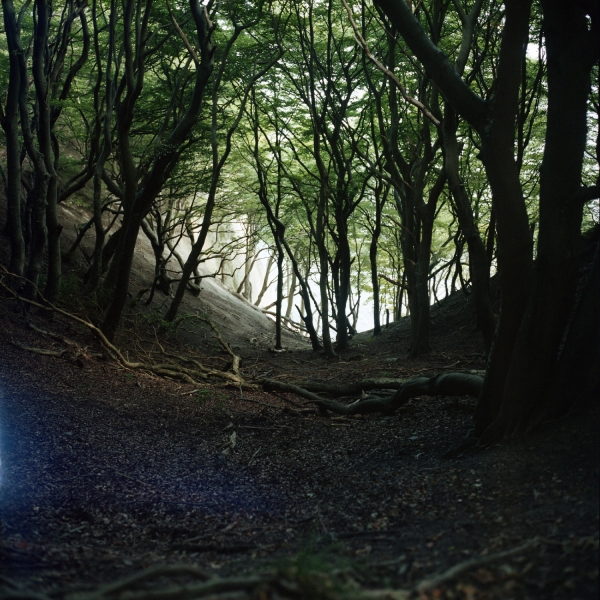
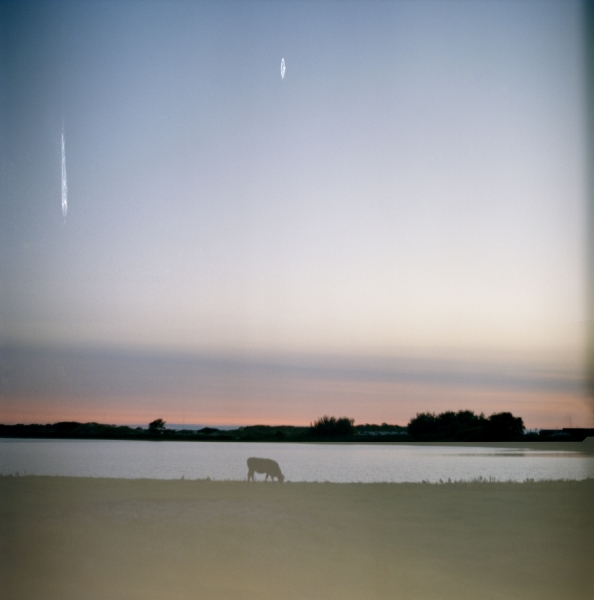
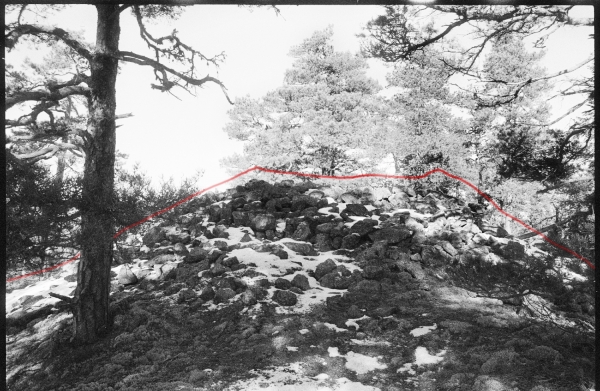
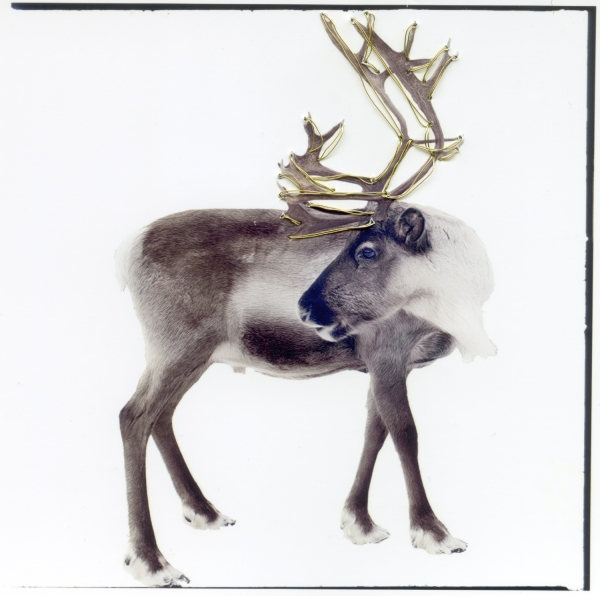
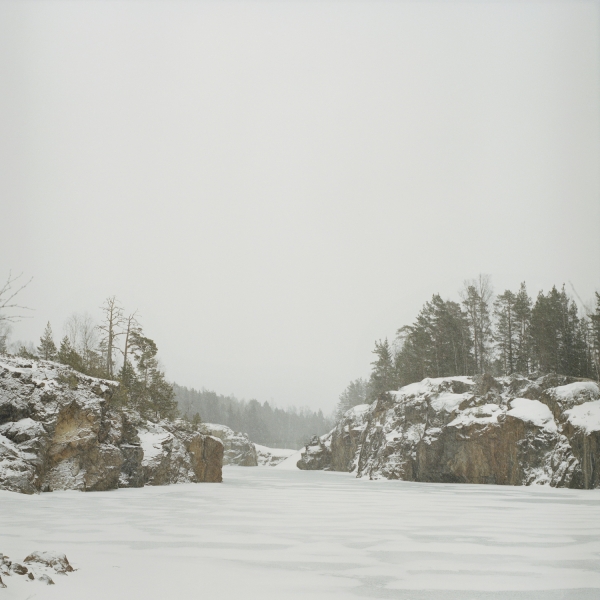
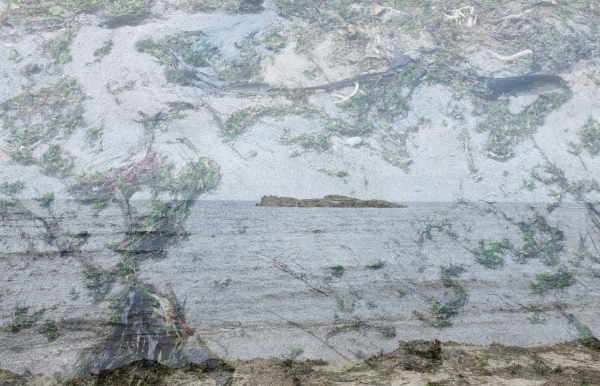

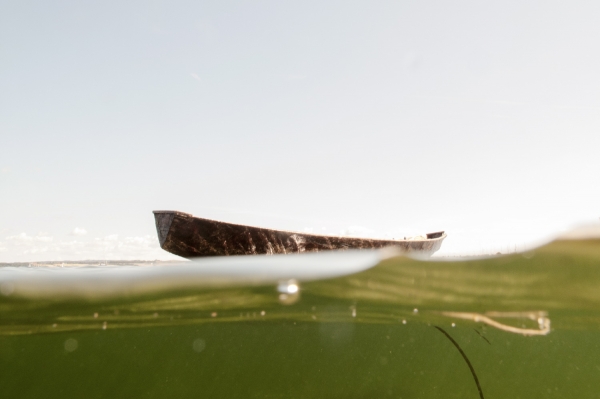
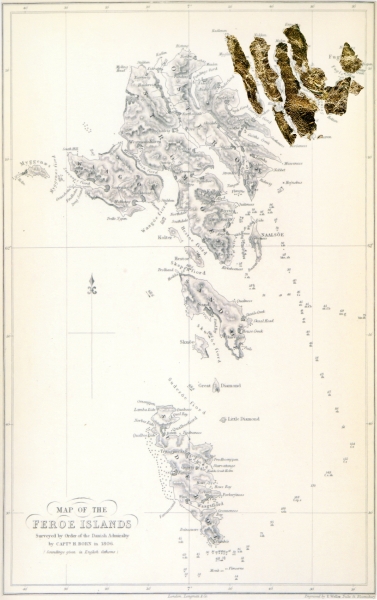
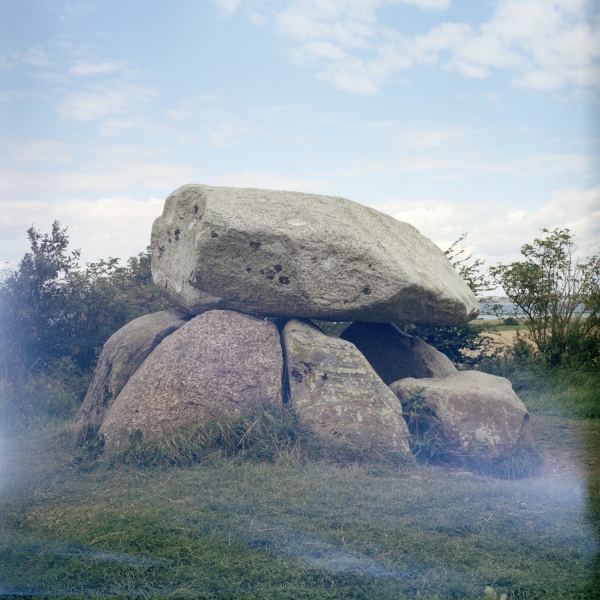
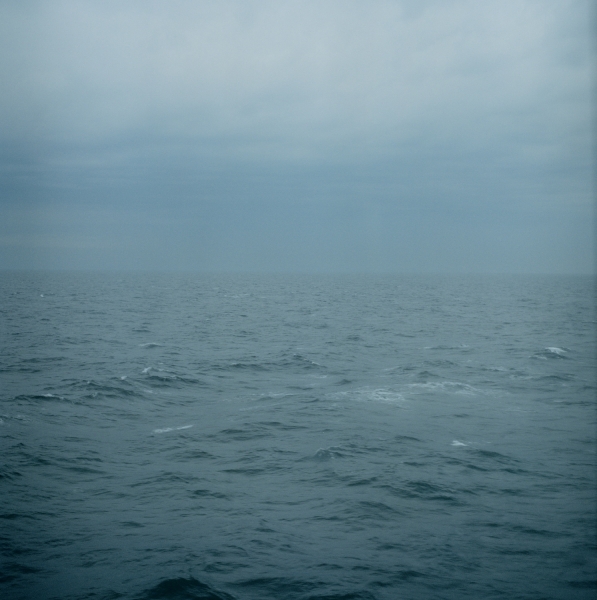
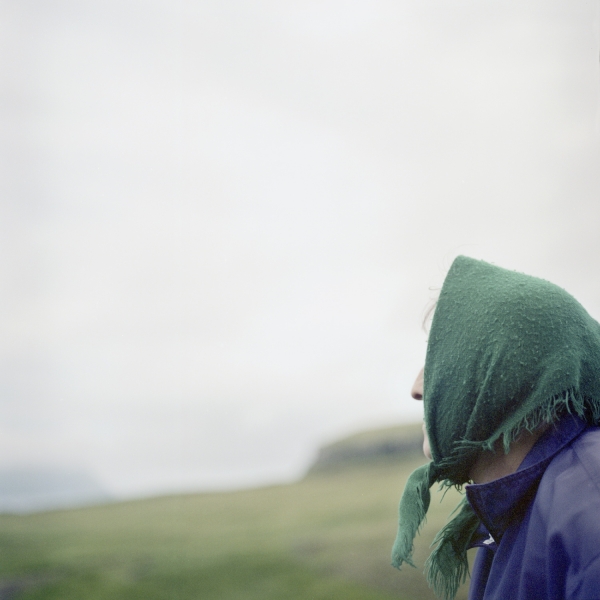
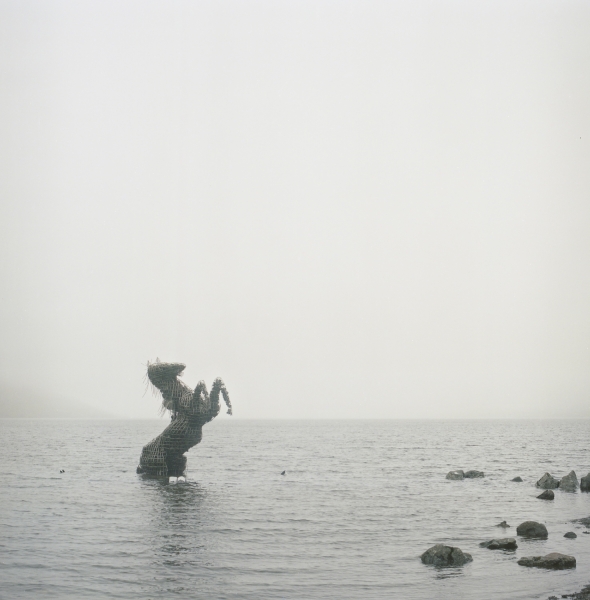
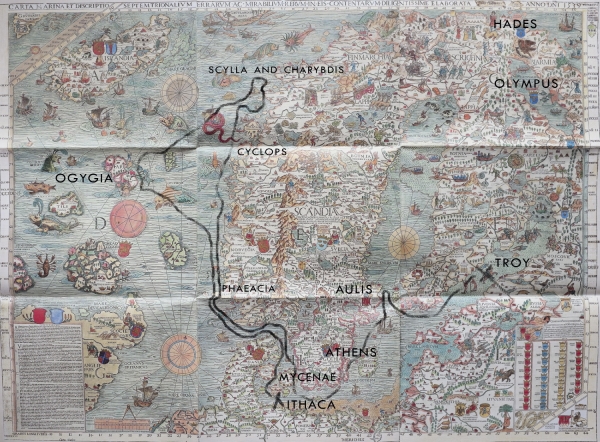
: on going since 2017